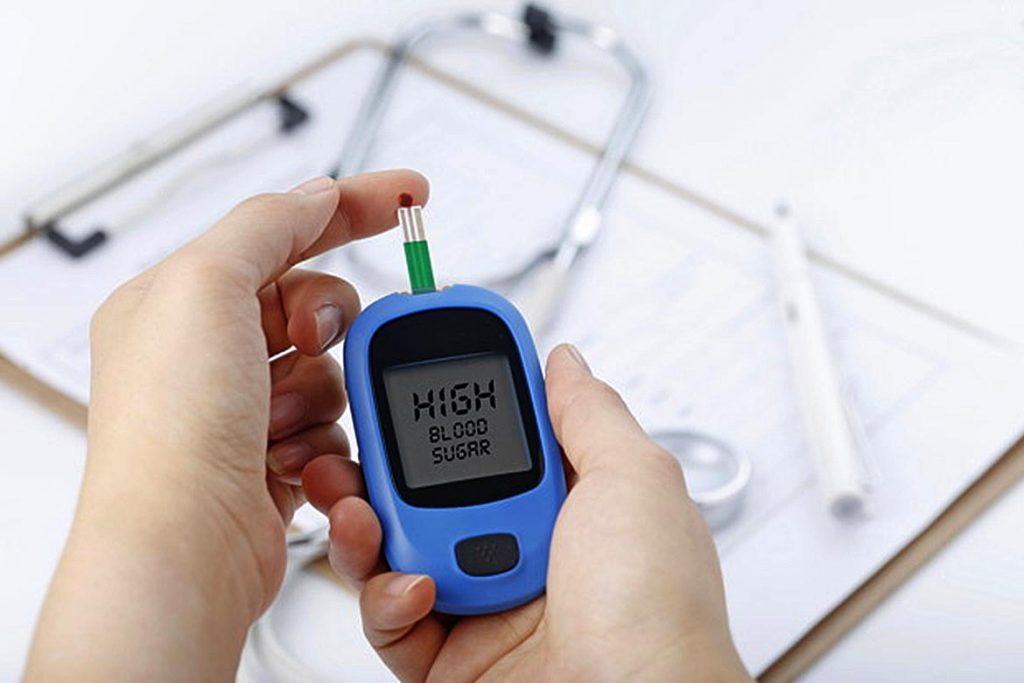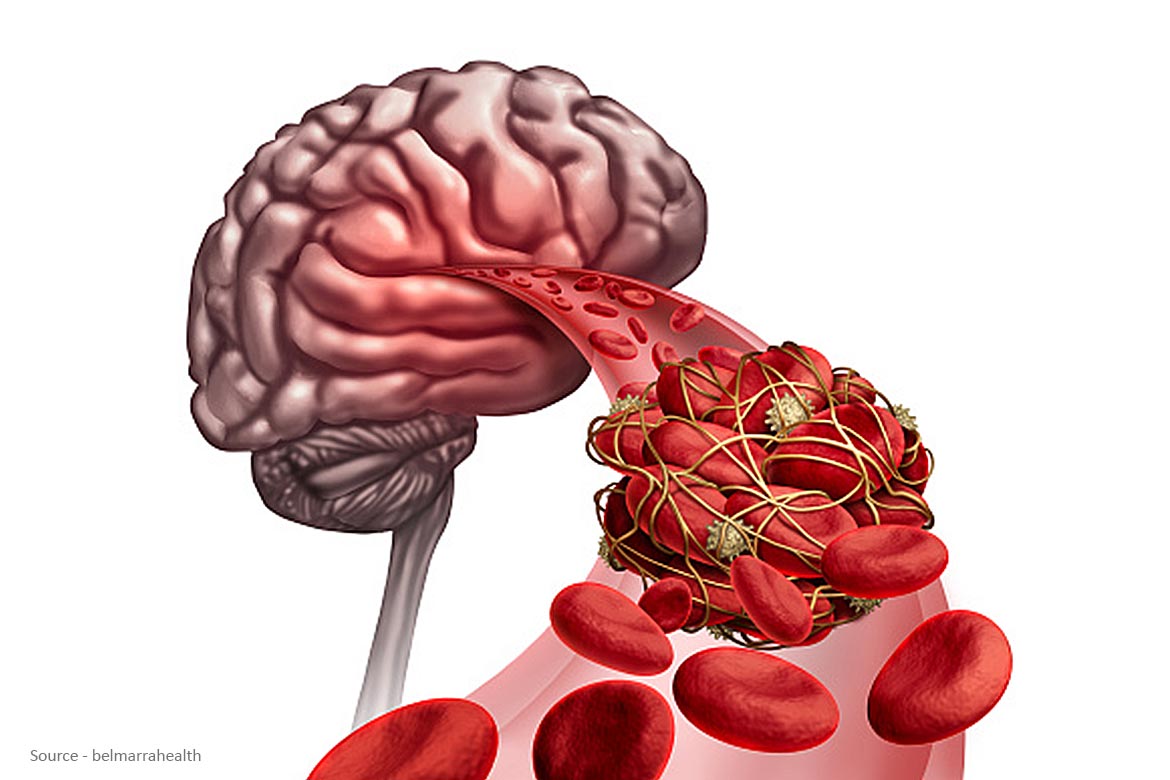There are so many health issues that have simply occurred because of the sedentary lifestyle that we live up these days. You might be aware of some but there are so many health issues that still need awareness which unfortunately not many people know. Talking of which the problem of a blood clot is the old one. It is nothing but blood clumps that have changed from the absolute liquid state to the gel-like solution or say semi-solid condition. The process of clotting is important since it helps in protecting you against any kind of loss of blood in certain circumstances such as the time when there is any injury or a cut. When the clot gets created within the veins it will not get dissolved so easily. This can be a quite harmful and life-threatening problem.
Also Read:- An Ideal Diet Grocery List To Know What To Buy For Dieting!

How Dangerous Is The Problem Of A Blood Clot?
If the blood clot is immobile it will not affect you. But there are high chances that it can move and become more harmful. But if a blood clot is set free and travels within the veins and reaches your lungs and heart then it can construct the flow of blood and may increase the risk of stroke or attack. This definitely can be one medicinal emergency because of which you need to take the right precautions. You must at such time visit the hospital and talk to the doctor about it. Your doctor will look at the signs and check the medical history and accordingly will advise you on the medications and treatment thereon.
What Is Blood Clot?
This problem is in the semi-solid a mass of the blood. It can be called the problem of thrombosis in which the blood flow gets blocked and when it becomes loose there is traveling off the same to other body parts. It is not harmful as long as it doesn’t reach the vital organs. But it can be a life-threatening situation depending on the severity and location of the problem which is why; you need to be extremely careful about the same. There are different types of blood clots that you may notice. It most forms in wither arteries or veins since our circulatory system is made of these vessels. They are the primary reason due to which the blood gets transferred throughout the body
Also Read:- Tips to Prevent High Blood Pressure
- Arterial clot: If there is a problem of blood clot noticed in the artery then it is called an arterial clot. Such a clot may have some kind of signs and symptoms that needs quick emergency treatment. The symptoms of such a clot may include serious pain, paralysis of the body. Failing to treat it on time can result in stroke too
- Venous clot: If the problem of the blood clot is notable in veins it is called a venous clot. This type of clot can build up at a slower pace but it is not good for you.
If you have any of such problems then do not ignore. Rather, visit your doctor immediately because these can be serious if not treated on time. You must be clear with your diet and follow all the treatments in which your doctor will advise you to control such a serious problem.
Blood Clot Symptoms:
Now that you get a clear idea with what is a blood clot, your next thing o know is the symptoms associated with it. Well, the signs and symptoms can vary depending on the type of clot and where it gets located. If the clot is more in the legs or arm side then you may notice extremely main. This could be pretty intense more like a cram and chances of swelling or tenderness can be noticed. You may find your skin being warm and red all the time.

If your blood clot is located in the abdomen area then chances of serve stomach pain are more. Often people compare it with the appendix but do not take it lightly as this could be a serious sign of blood clot. You may also notice some other problems like diarrhea followed by vomiting at frequent intervals.
If the problem of a blood clot is located at the heart then this is one alarming situation. You may notice chest pain, heaviness in the heart and dun upper body. Sometimes breath shortness and nausea can also be some other reasons. If the clot moves on to the lungs then you may experience a racing heart, chest pain, breathing shortness and fever too. You might have some problems with coughing and even the face, arms, and legs weakness followed with dizziness. There are just some symptoms that are often linked with stroke and attack too and that is why you must take all things carefully into consideration
Other Signs:
- Trouble speaking
- Paralysis
- Problems seeing
- Headache
- Trouble walking
- Dizziness
- Loss of coordination
- Altered consciousness
- Weakness
- Sudden numbness
- Experience confusion
Causing Of Blood Clots:
Your body might react to a particular cut or injury and may start bleeding also. But such cannot be a problem as long as the bleeding occurred because of some reasons. There are many risk factors such as
Your body reacts to an injury or cut by clotting your blood just the way it should. These types of clots are not a problem. Sometimes a blood clot will form without a trigger (such as an injury or cut). This is more likely to happen with certain risk factors or conditions. Risk factors include:
- Pregnancy
- Obesity
- Hormone replacement therapy
- Certain cancer types
- Prolonged sitting/bed rest
- Smoking
- Certain infections
- Autoimmune disorders
- Age
- Birth control pills
- Breast cancer medicines
- Trauma
- A family history of blood clots.
- Diseases related to chronic inflammation
Final Verdict:
Your doctor will perform some physical examinations and you might even have to undergo some venous ultrasound, CT angiography, abdomen/pelvis or head CTA san. Depending on the problem, your doctor may prescribe you some medicines or even the surgery can be suggested. For some patients, the treatment of inferior vena Cava (IVC) filter option is advised too that helps in treating the condition.
